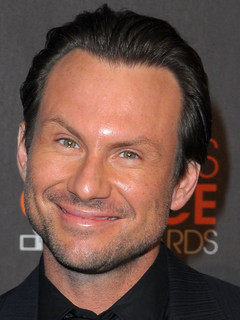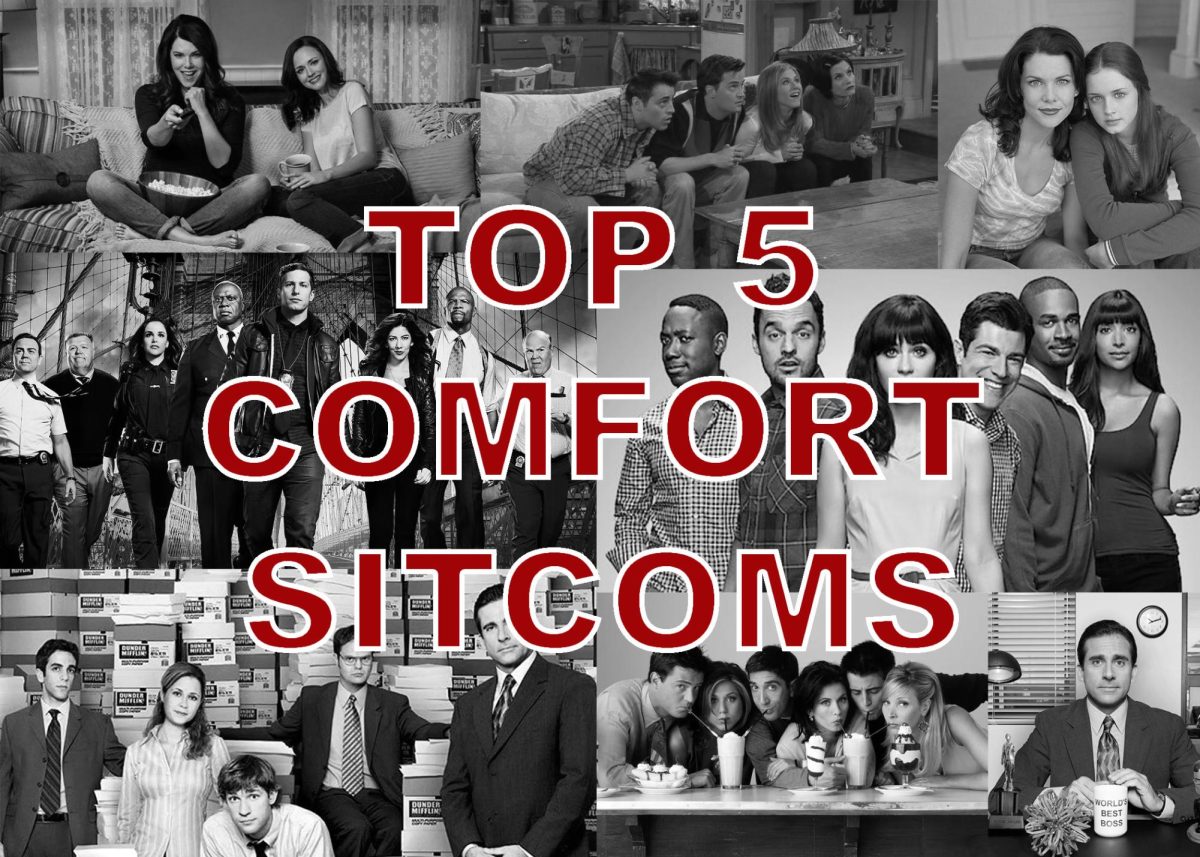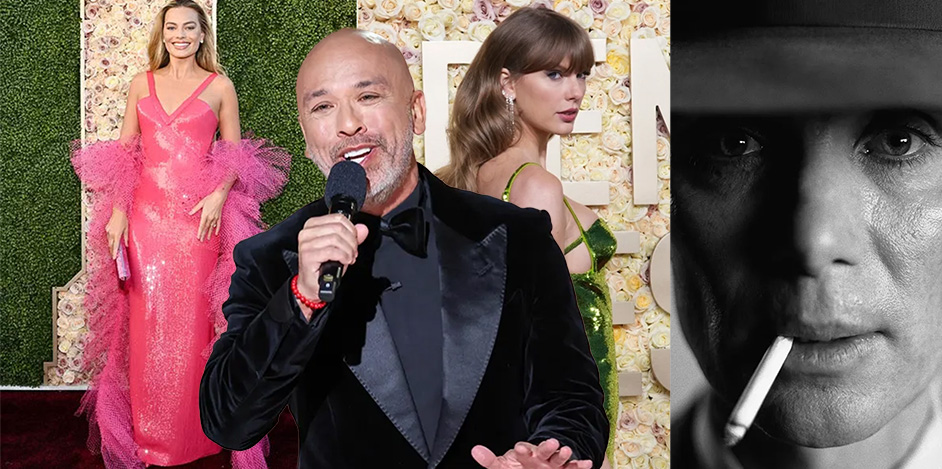USA Network’s psychological thriller digs deep into the human faculties. [Season 1 Spoilers]
[dropcap size=big]T[/dropcap]he USA Network’s hit drama Mr. Robot has branched out like no other due to an unrivaled on-screen portrayal of one man’s mental flaws and coping mechanisms.
Surpassing past attempts to grasp hacker culture in movies such as Wargames and The Matrix, Mr. Robot portrays a very tangible application of everyday cyber crime. It is also unique in its depiction of mental illness, as opposed to failed attempts in movies such as Me, Myself & Irene and Wonderland, where illnesses have been misinterpreted or tiptoed around.

Director Sam Esmail’s ability to empathize with the audience resonates with several topics dealt in the series, including mental illness, corporate capitalists, cheating boyfriends and drug addiction. Narration is led by the unstable outlook of cyber-security hacker Elliot Alderson, played by Rami Malek, who suffers substance abuse, social anxiety disorder, clinical depression, and most notably, dissociative identity disorder. Disclosed in season 1, the title Mr. Robot is in reference to Elliot’s father, played by Christian Slater, who has since left Elliot’s life prior to the show’s timeline. However, due to Elliot’s suppressed feelings of childhood trauma, his state of dissociative identity does not believe his father is dead, and thus Mr. Robot (a.k.a. Elliot’s father) becomes a figment of his own imagining.
What troubles Elliot begins with his line of work at Allsafe, a cyber-security solutions company, when they partner with a conglomerate called E-Corp, or as Elliot makes them out to be, Evil-Corp. Elliot is later approached by an underground hacktivist group called fsociety, where Mr. Robot and his team plan to wipe billions in consumer debt from companies like Allsafe and Evil-Corp, leaving Elliot caught in a crossfire.
The series premiered in June 2015 and Season 3 is said to release in fall 2017. Mr. Robot has won 20 awards and 43 total nominations, according to IMDb. 2016 Primetime Emmy wins include Outstanding Lead Actor (Malek) and Outstanding Music Composition. The show also scored big at the 2016 Golden Globes, landing Best Television Series Drama and Best Performance by an Actor in a Supporting Role (Slater).
At the Emmy awards, Malek began his acceptance speech by quoting his role Elliot to describe his astonishment of winning. “Please tell me you’re seeing this too,” Malek said. “I play a young man who is, like so many of us, profoundly alienated. But [tonight] I’m going to honor the Elliots, because I think there is a little bit of Elliot in all of us.”
A stellar line-up of characters who perform alongside Malek and Slater include Carly Chaikin as Elliot’s sister Darlene Alderson, Portia Doubleday as Elliot’s Allsafe colleague Angela Moss, and Martin Wallström as Evil-Corp’s SVP Tyrell Wellick.
 What I admire most is the title’s ability to take on multiple interpretations. Some say it is a reference to Elliot’s nearly automated social encounters and the way he processes tension and grief. Others believe it is a wake-up call for the monotonous 9 to 5 laborers and how consumerism enslaves society. The beautiful thing is that director Sam Esmail intended for these open-ended questions, and there never really was one right answer.
What I admire most is the title’s ability to take on multiple interpretations. Some say it is a reference to Elliot’s nearly automated social encounters and the way he processes tension and grief. Others believe it is a wake-up call for the monotonous 9 to 5 laborers and how consumerism enslaves society. The beautiful thing is that director Sam Esmail intended for these open-ended questions, and there never really was one right answer.
On Episode 9, thematically named eps1.9_zer0-day.avi (similar to a computer file), Mr. Robot and Elliot stand in Times Square, where the figment of Mr. Robot is heard mocking Elliot.
“Is any of it real?” Mr. Robot asked Elliot. “Synthetic emotions in the form of pills! Psychological warfare in the form of advertising! Brainwashing seminars in the form of media! You want to talk about reality? As far as you are concerned, Elliot, I am very real.”
This constant internal torment reaches a climax when Elliot finds his father’s own gravestone, a raw instance where his brain cannot hide behind the truth that Elliot is making it all up in his head. This begs the question: if Mr. Robot created fsociety, is Elliot behind all of this? You tell me.







